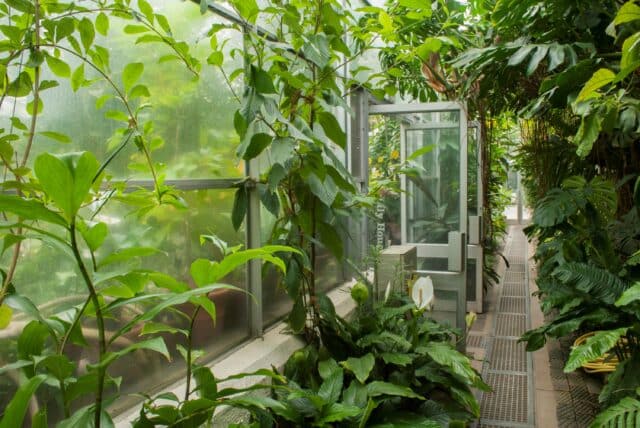Course overview
BA Geology (3 years)
MEarthSci Earth Sciences (4 years)
Typical intake: 4
Modern Earth and Planetary Sciences relate diverse phenomena including climate change, volcanoes, sea-floor spreading, evolution, mountain-building and the location of natural resources.
Earth scientists also play a central role in studies of environmental problems such as heavy metal contamination, the storage of nuclear waste and the mobility and availability of ground water. The study of these fields involves the use of apparatus ranging from satellites and mass spectrometers to high speed computers, synchrotrons and electron microscopes. Thus, although students’ interests in geology may have been kindled by a love of the mountains, or by collecting minerals or fossils, as a modern earth scientist they are also likely to be someone with an excellent background in Physics, Chemistry and Mathematics.
Worcester is fortunate to have a special travel fund (the Oppenheimer Fund) to assist geology undergraduates who wish to carry out additional field studies in this country or abroad, perhaps as field assistants for research students or members of staff. The College also has a very well equipped undergraduate library, including a complete set of geological maps.
Applying
We admit 4 undergraduates each year for this subject. In order to cope with the requirements of the course candidates are required to have Mathematics plus Physics or Chemistry to A-level or equivalent. Chemistry or Physics are also highly recommended as a third subject. Biology, Geology or Further Mathematics can also be helpful to candidates in completing this course.
Applicants may choose either (i) the three year course leading to the degree of B.A., or (ii) the four year course leading to the degree of MEarthSci
Read more on the university website Department of Earth Sciences













